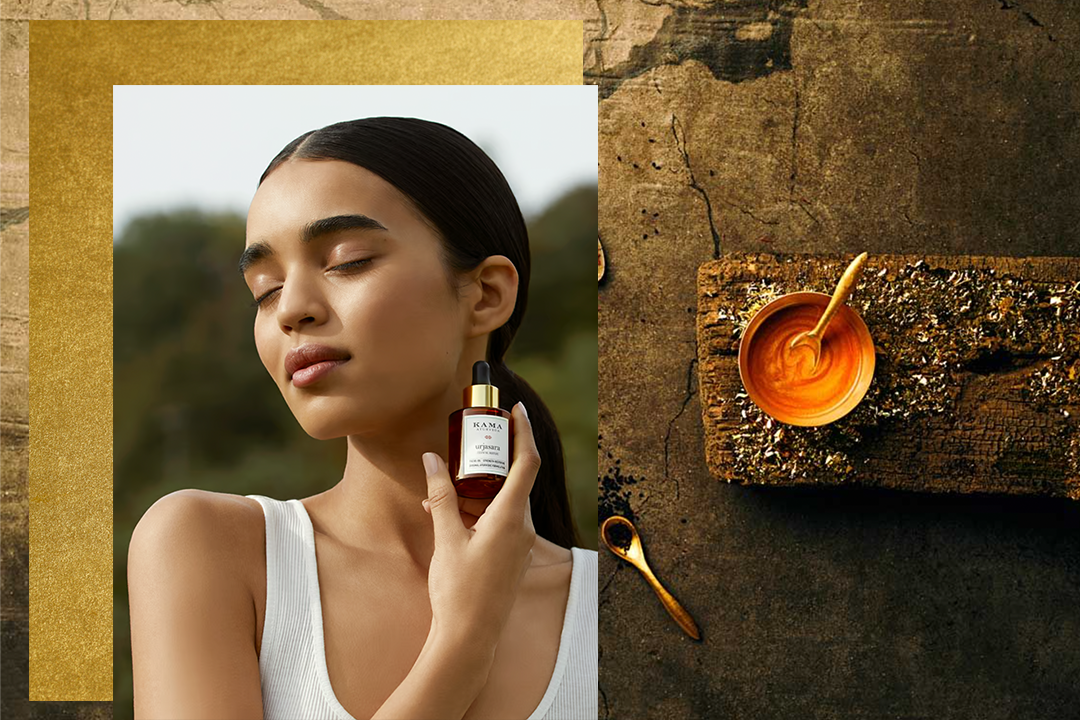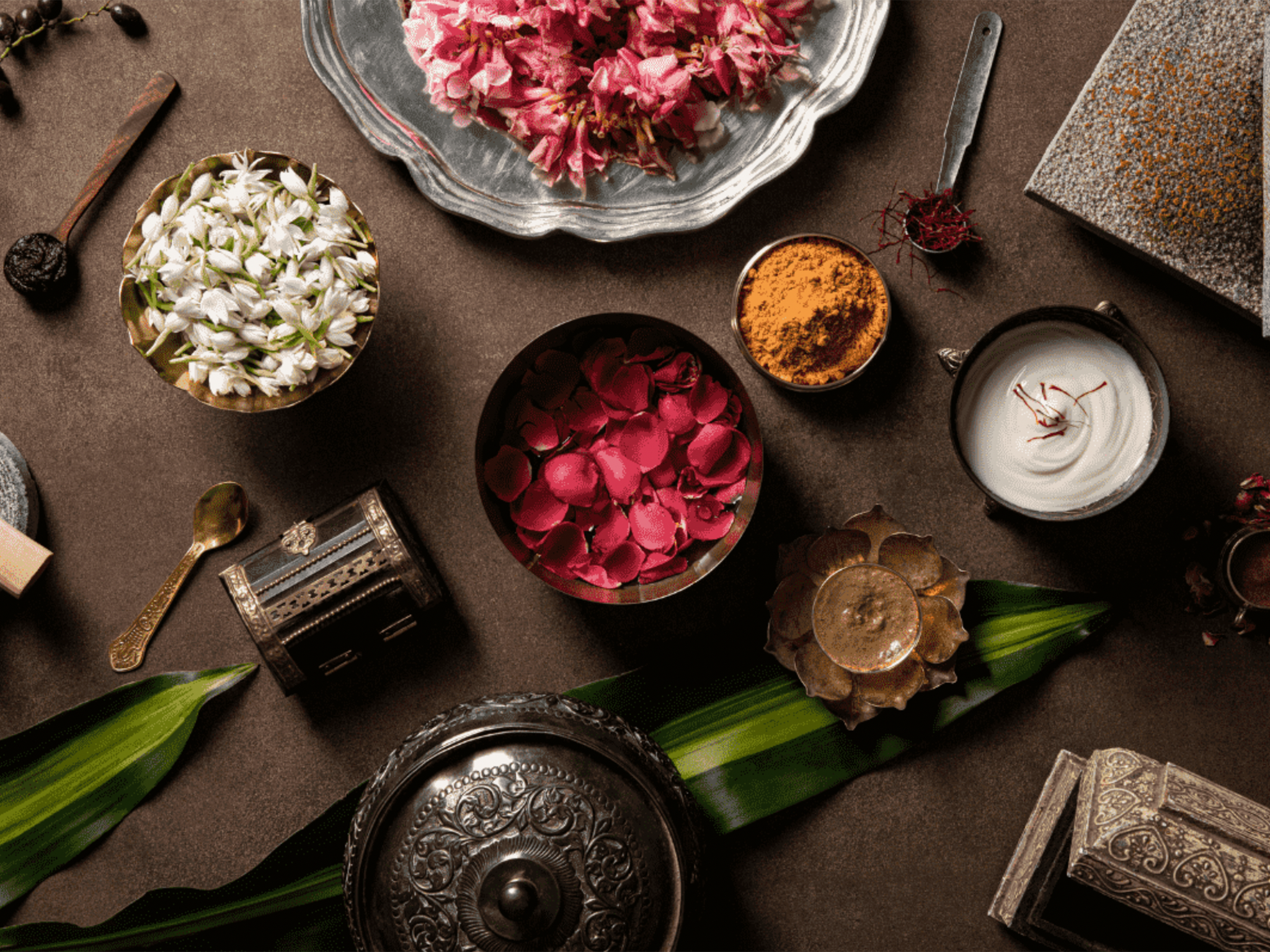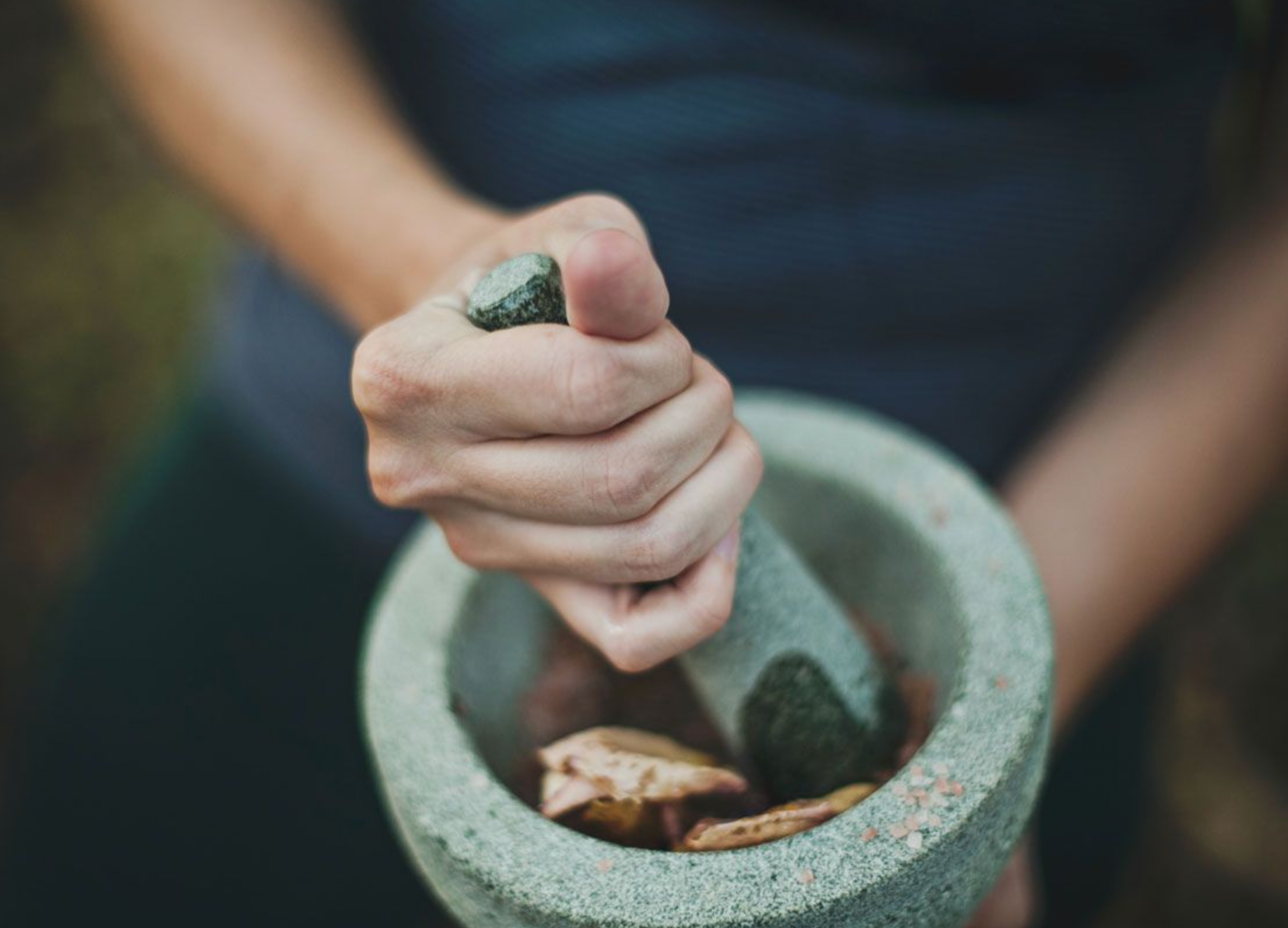Everything you need to know about Ayurvedic beauty
We sat down with an expert to learn how to encorporate Ayurvedic practices into our regular routines

Your support helps us to tell the story
From reproductive rights to climate change to Big Tech, The Independent is on the ground when the story is developing. Whether it's investigating the financials of Elon Musk's pro-Trump PAC or producing our latest documentary, 'The A Word', which shines a light on the American women fighting for reproductive rights, we know how important it is to parse out the facts from the messaging.
At such a critical moment in US history, we need reporters on the ground. Your donation allows us to keep sending journalists to speak to both sides of the story.
The Independent is trusted by Americans across the entire political spectrum. And unlike many other quality news outlets, we choose not to lock Americans out of our reporting and analysis with paywalls. We believe quality journalism should be available to everyone, paid for by those who can afford it.
Your support makes all the difference.You may have spotted the word “Ayurveda” starting to crop up on your Instagram feeds, beauty retailer websites or even in marketing messaging from brands big and small. Having caught the eye of many beauty buffs, some people are now asking: “what is Ayurvedic beauty, and where did it come from?”
For others, however, the term is much more familiar – the centuries-old practice originated in India with a strong focus on the philosophy of ingredients and traditional treatments, rather than solely pushing products. So, we sat down with Dr Vijay Murthy, an Ayurvedic expert and global scientific advisor for Kama Ayurveda, to answer all your key questions.
“Ancient Indian traditions, notably Ayurveda, celebrate a profound legacy of beauty care, stretching back millennia – weaving together a tapestry of holistic wellness practices and an extensive herbal lexicon to cultivate physical beauty and holistic health,” Murphy said. As two key examples, he touched on the popular usage of turmeric for its anti-inflammatory and complexion-enhancing properties, and neem for its purifying and antibacterial benefits.
“Ayurvedic beauty represents a comprehensive methodology to nurturing skin and hair, prioritising the harmonisation of your physical, mental, and emotional well-being through the employment of natural substances and methodologies derived from Ayurveda,” Murthy explained. “This regimen incorporates the use of bespoke herbal concoctions, essential oils, and nutritional modifications, all customised to align with your distinct physiological constitution, thereby fostering both internal vitality and external appearance.”

Instead of recommending beauty products to individuals based on looking at their skin type alone, Ayurveda divides people into three key groups known as ‘doshas’. Each dosha – Vata, Pitta and Kapha – is based on each person as a whole, from how they react in stressful situations to their body shape, hair type and even whether they run hot or cold. To find out which dosha you are, there are a handful of online quizzes you can take, such as this one from Rosenburg or this one from Forest Essentials, but you can also contact an Ayurdevic practioner for a more detailed analysis.
As the term Ayurveda is derived from the Sanskrit words ayur (meaning life) and veda (meaning science or knowledge), the practice aims to approach beauty in a holistic way, looking at internal and external causes of skin conditions.
Read more: Best vitamin C serums, according to our beauty expert
“Ancient techniques like oil pulling, yoga and meditation complement these regimens, enhancing beauty not just superficially but from within, in ways that are sustainable and in consonance with the rhythms of the natural world,” Murphy said. But, many cultural practices such as yoga and gua sha have, over the years, been adapted (and sometimes appropriated) to fit the western world, so could Ayurvedic beauty face the same fate?

Going much deeper than just a shampoo or hair oil, the principle of Ayurvedic beauty is all-encompassing and transcends mere external appearances, instead focusing on the harmony of body, mind, and spirit. Want to know more about how to embrace Ayurveda? Murphy shared five simple tips on how to incorporate the practice into our own regular routines.
Daily oil pulling: Start your day with oil pulling, using coconut or sesame oil. Swish a tablespoon of the oil in your mouth for about 15-20 minutes before brushing your teeth. This practice is believed to detoxify the body, improve oral health, and contribute to clearer skin.
Abhyanga (self-massage): Practise daily self-massage with warm oil, to nourish the skin, stimulate circulation and promote relaxation. Vata types might use sesame oil, Pitta types can opt for coconut oil, and Kapha types may find sunflower oil beneficial.
Hydration with herbal teas: Incorporate herbal teas into your routine to stay hydrated, support internal cleansing and help maintain clear skin. Choose herbs that balance your dosha, such as ginger or tulsi for Vata, peppermint or rose for Pitta, and honey lemon for Kapha.
Natural face masks: Once or twice a week, apply a natural face mask suited to your skin type. A simple mask can be made from ingredients such as honey, turmeric, and yogurt, which cleanse and nourish the skin, leaving it radiant and smooth.
Balanced diet for skin health: Embrace a diet that supports your dosha, while promoting skin health. Include plenty of fresh fruits, vegetables, and whole grains in your meals, along with healthy fats such as ghee or olive oil. Avoid processed foods and excessive sugar, as they can disrupt your dosha balance and impact your skin’s clarity.
Voucher codes
For the latest offers on make-up and more, try the links below:
For more beauty recommendations, read our honest thoughts on TikTok-trendy brand Refy